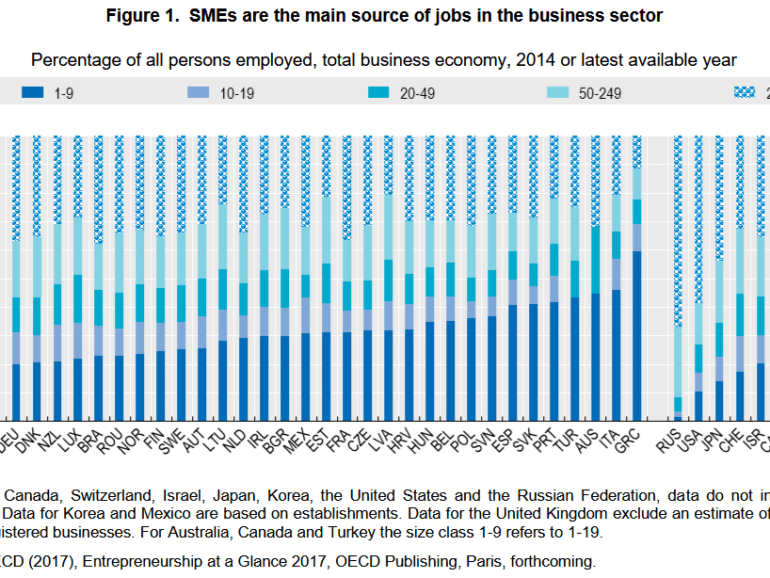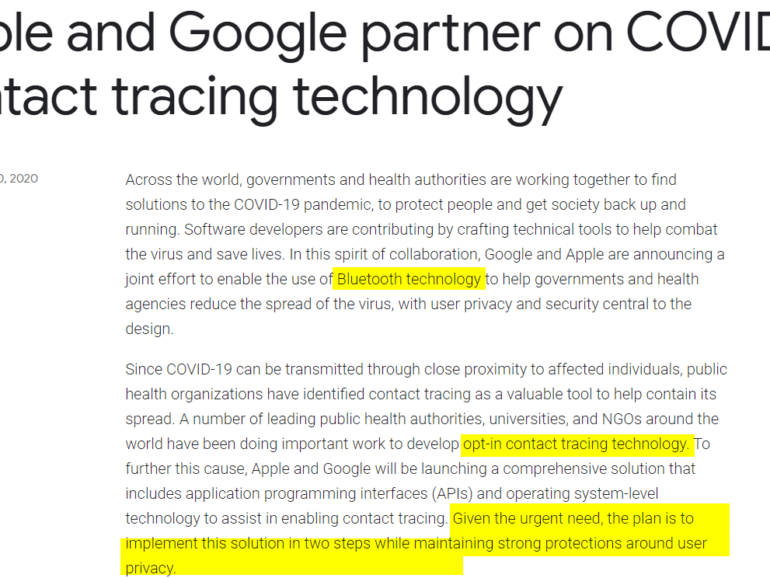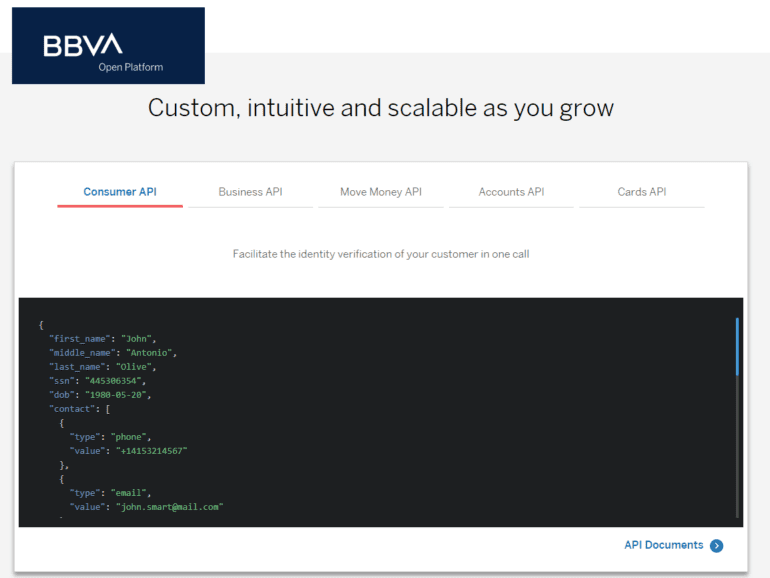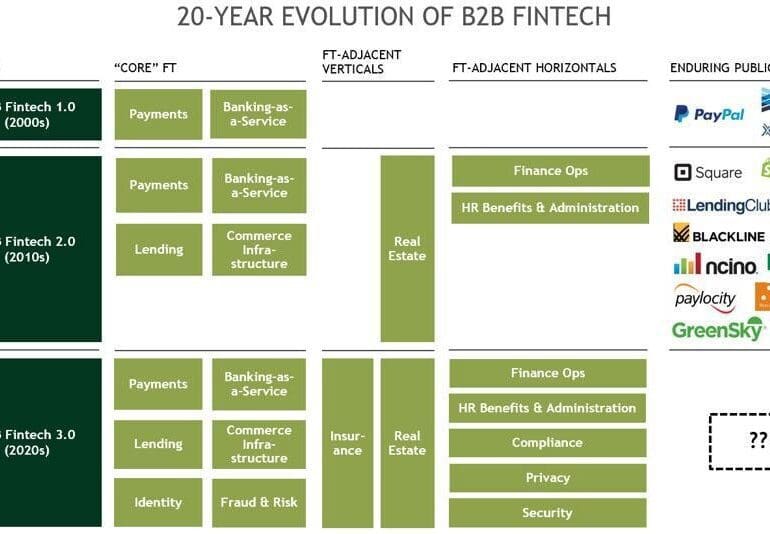I have been reading Alibaba: The House that Jack Ma Built this week, something everyone interested in understanding the future of Google, Goldman, Uber, or Amazon should do. The narrative starts with China's small business explosion, and Ma's genius is to tap into global demand for the products of those businesses through an online marketplace and associated financial services. But I am getting ahead of myself. Let's pause to acknowledge a massive, systemic transaction that was announced this week: payments processing company Global Payments acquiring TSYS (Total Payments Systems) for $21.5 billion.
The new Mighty Oak Visa debit card from Acorns has a solid foundation for success says a representative from long-time partner Helix by Q2. GM Ahon Sarkar said he’s not surprised by Acorns’ prosperity since the two companies first partnered seven years ago, which is an eternity in fintech.
This week, we dive into the social, economic, and financial implications of data in a post-COVID world. As Apple and Google work to build out the government's contact tracing apps to combat pandemic, what Pandora's box are we opening without consideration? As Plaid reaches into payroll data to accelerate small business bailouts, what power do we hand to aggregators? Will dignity-preserving solutions come to market in time? The opportunity for decentralized identity and data storage is clearer than ever. Or will fear drive us to make permanent compromises?
Findings from AI-powered tax-filing product april’s 2023 customer impact study suggest customers are receptive to a self-guided, mobile-first process.
As fintechs and tech giants engage in finance through embedded solutions, banks may need to become the center of their own digital ecosystem.
Bank lending is often the least expensive form of financing but it is not often a consideration at the point of sale. Advances in embedded lending now makes this possible.
Anyone watching Fintech over the last decade has recognized an increasing shift of power from product manufacturers to the platforms where those products are sold. In the case of Amazon, Google, and Facebook -- finance is just a feature among thousands of others. I've made this point since 2017, when Amazon launched lending into its platform. Brett King has been a bit more generous in the categorization, calling the shift "embedded banking". This means that banking products are built into you life's journey, not accessed in a separate customer center location. The financial API trend is a tangible symptom of this vector.
In this conversation, we talk with Anil Aggarwal of Clarity Payment Solutions (acquired by TSYS) and TxVia (acquired by Google) about how he “stumbled” upon the payment space at the right time.
Anil is an absolute FinTech icon as the founder of renowned FinTech conferences – Money20/20 and FinTech Meetup. Additionally, we explore the various concepts of payment network utlity, the market timing large platform shifts, as well as, how social capital and community formation can serve as drivers towards the monetization of our attention even further.
Embedded payroll provider check has announced three new tools to make it easier for SaaS companies or any software platform to offer their own payroll service.
A report from Viola Fintech shows why companies must go beyond embedded to contextual finance if they want their share of a $588 billion pie.











